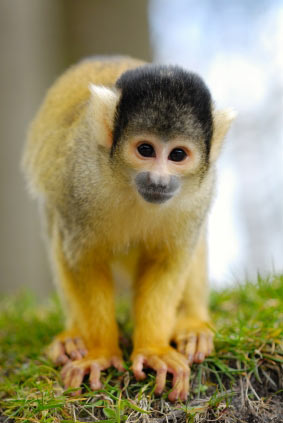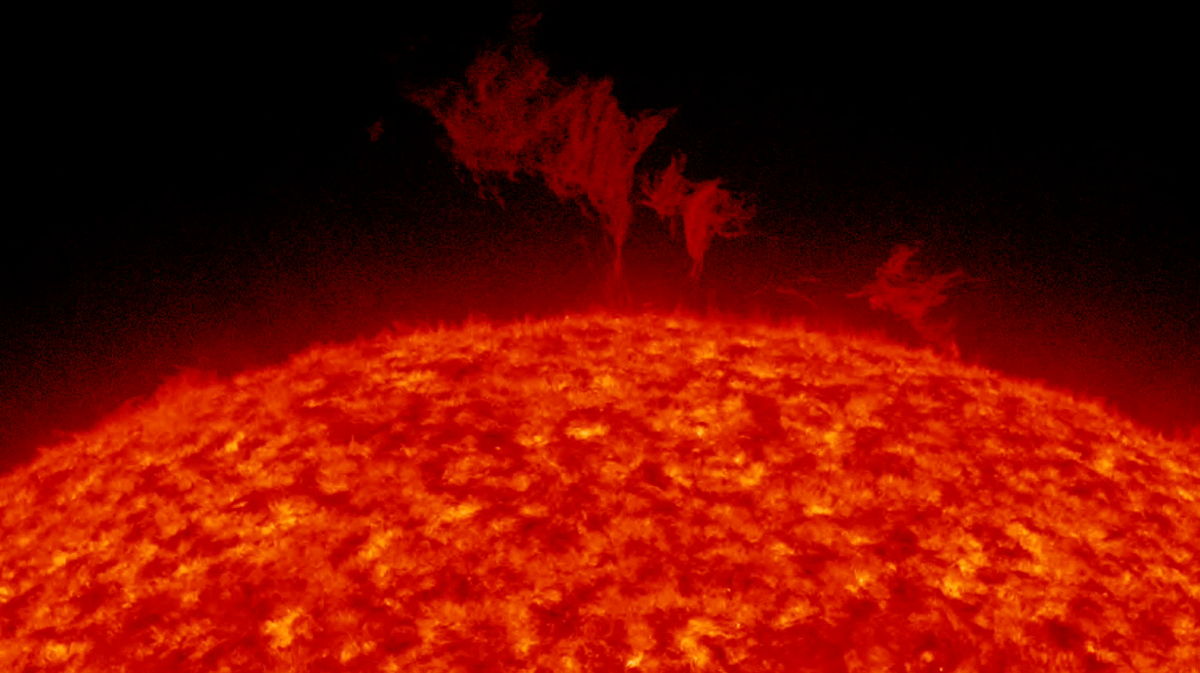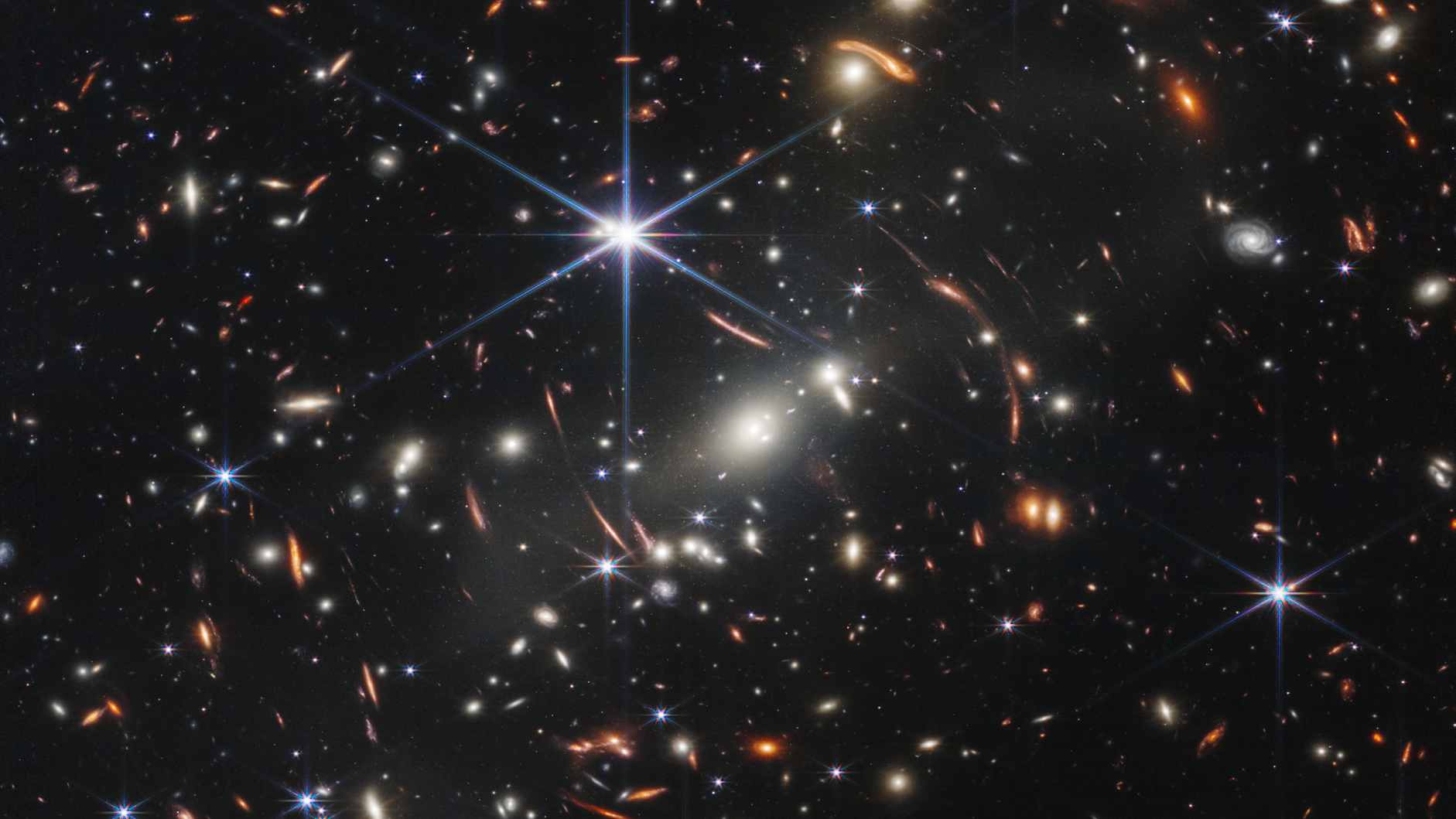NASA Halts Monkey Radiation Experiment for Now

This story was updated at 4:42 p.m. ET.
A controversial NASA plan toirradiate squirrel monkeys tobetter understand the risks of long-duration spaceflight on humansappears tohave been scrapped. NASA ordered the project removed from considerationfor labtime, although the space agency stopped short of saying the study hadbeencanceled.
The experiment, which would have beenconducted at NASA'sSpace Radiation Laboratory at the Brookhaven National Laboratory onLong Island,called for exposing27 squirrel monkeys to high-energy gamma-ray radiation soresearchers couldobserve its effects on the monkeys? health and task performance.Animal-rightsactivists called the project cruel and poorly designed.
In a brief statement posted Dec. 8 onNASA's website, theagency said it will move forward only after completing a comprehensivereview ofits current research and technology development plans to see how theyalign withPresident Obama's plan for human spaceflight.
"We look forward to the findings ofthat review, whichwill inform our decision-making moving forward," NASA said.
When asked if the project had beencanceled or just put onhold, Brookhaven spokesman Peter Genzer told LiveScience today (Dec.13):"That's a question for NASA."
NASA issued the statement in responseto People for theEthical Treatment of Animals, an animal-rights organization thatmounted an aggressivecampaign against the experiment.
Get the Space.com Newsletter
Breaking space news, the latest updates on rocket launches, skywatching events and more!
A statement on PETA's website, postedthe same day as NASA'sannouncement, thanked supporters for opposing the proposed experiment.
"Well, folks, you did it. Afterscores of protests andmore than 100,000 letters, phone calls, and e-mails from PETAsupporters ? thespace agency has quietly called off plans to conduct cruel radiationexperiments on monkeys," PETA said in the statement.
A NASA spokesman did not immediatelyreturn a call forcomment.
NASA has said that studies involvingother primates areessential to predicting the neurobehavioral effects of spaceradiation on humans.
The radiation study would reportedlyexpose the monkeys toradiation similar to what astronauts would experience on a three-yearvoyage.
PETA has charged not only that theexperiment was cruel, butthat the differences between the monkeys and humans would make itimpossible togenerate usable data, and that the single large dose of radiation wouldnotsimulate astronauts' extended exposure.
- TheTop 10 Most Outrageous Military Experiments
- NASAto Blast Dummy Astronaut with Deadly Radiation
- SpaceRadiation Too Deadly for Mars Mission
Wynne Parry is a Senior Writer for LiveScience, asister publication to SPACE.com.
This article was provided by LiveScience.com, a sister site ofSPACE.com. It was updated to correctly reflect that Brookhaven National Lab officials are not awaiting clarification from NASA.
Join our Space Forums to keep talking space on the latest missions, night sky and more! And if you have a news tip, correction or comment, let us know at: community@space.com.










